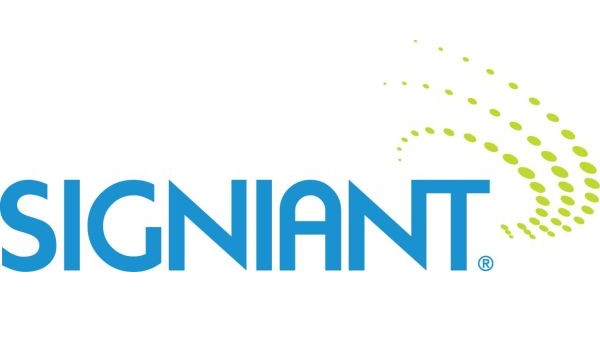The professional video industry's #1 source for news, trends and product and tech information. Sign up below.
You are now subscribed
Your newsletter sign-up was successful
When the FCC was drafting the rules for TV band white space devices, some broadcast engineers I talked to wondered if unlicensed very low-power digital TV translators could be used under Part 15 if they followed the rules for white space devices. A Public Notice (DA 13-546) designates the proceeding on a request from Meld Technologies and Spectrum Bridge for a waiver of Part 15 rules prohibiting such a device without geolocation capabilities as a “Permit-but-disclose” proceeding and has invited comment on the request.
The Meld Technology MT300 is described as the world's first low-power Pico Broadcast Station.
Spectrum Bridge and Meld Technology requested a waiver of “Sections 15.711(b)(2) and 15.711(b)(3)(ii) of the rules to allow the MeldTech fixed device to be treated as a professionally installed personal/portable device and to operate on channels that are indicated in a TV bands database as being available for use by personal/portable TVBDs.”
The FCC Public Notice describes the waiver request this way: “Spectrum Bridge states that the geographic location of the MeldTech device will be programmed into the device as part of the professional installation procedure, and that MeldTech authorized distributors will be responsible for ensuring that all devices are correctly installed.
It further states that the device will contact the Spectrum Bridge database once every 30 minutes to confirm channel availability, and that the database will allow operation only on Channels 21 and above, including adjacent channels, consistent with the rules for 40 milliwatt personal/portable devices.
The noted that: “Spectrum Bridge is requesting a waiver that would “permit access to more channels indoors which can be utilized to provide parallel streams of content to different signs, particularly in areas where channels available for fixed devices are extremely limited.”
The Public Notice continues: “Spectrum Bridge argues that a waiver is necessary because the MeldTech devices will be used inside buildings where GPS is not a practical or reliable way to determine location, so including GPS in the device would not provide for reliable operation.”
Spectrum Bridge had stated that “the requested waiver would serve the public interest by increasing the potential opportunities for innovative use of the TV white spaces while satisfying the requirement to provide protection for incumbent operations.”
The waiver was requested for a one year period. Spectrum Bridge said it was working on “more reliable geolocation solutions for the environments where the devices will operate.”
The comment deadline is April 25, 2013 and reply comments are due May 10, 2013.
The professional video industry's #1 source for news, trends and product and tech information. Sign up below.

Doug Lung is one of America's foremost authorities on broadcast RF technology. As vice president of Broadcast Technology for NBCUniversal Local, H. Douglas Lung leads NBC and Telemundo-owned stations’ RF and transmission affairs, including microwave, radars, satellite uplinks, and FCC technical filings. Beginning his career in 1976 at KSCI in Los Angeles, Lung has nearly 50 years of experience in broadcast television engineering. Beginning in 1985, he led the engineering department for what was to become the Telemundo network and station group, assisting in the design, construction and installation of the company’s broadcast and cable facilities. Other projects include work on the launch of Hawaii’s first UHF TV station, the rollout and testing of the ATSC mobile-handheld standard, and software development related to the incentive auction TV spectrum repack. A longtime columnist for TV Technology, Doug is also a regular contributor to IEEE Broadcast Technology. He is the recipient of the 2023 NAB Television Engineering Award. He also received a Tech Leadership Award from TV Tech publisher Future plc in 2021 and is a member of the IEEE Broadcast Technology Society and the Society of Broadcast Engineers.
